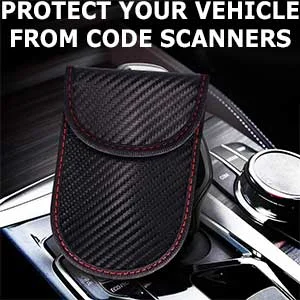Grewzuff
Member
This is were I am at as well. I was quoted 477 by the Kia dealership to do the fronts. Like MisterMac said calling the hot line and starting a case. Hopefully as the number of complaints increase Kia will do something about it.
I’m also experiencing terrible shuddering and pulsation. I have 20K miles on my 2018 GTII AWD and the dealer is telling me nothing is under warranty and that I need all 4 rotors resurfaced and brakes replaced for close to $1400. They said if it was under 12K miles they would replace for free. However, I noticed this mildly starting to occur around 13,000 miles. What are my options? I certainly don’t want to spend that kind of money for a new set of shitty rotors. On another note, Kia sent me a survey recently asking if I was having brake pulsation problems so they are aware it’s a known issue. Seems like they should recall.







